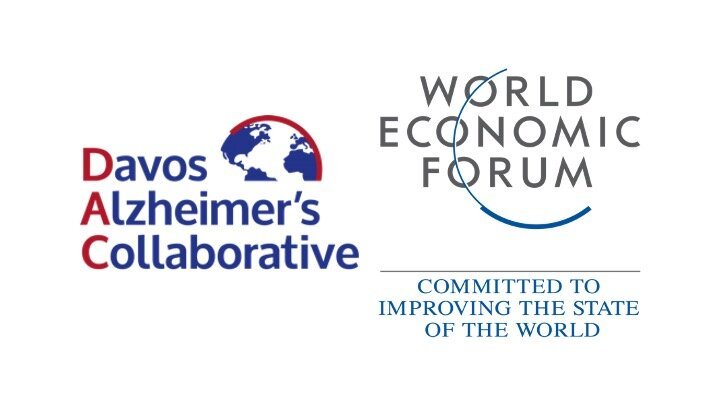In January 2024, the Davos Alzheimer’s Collaborative hosted a visionary roundtable at the World Economic Forum Annual Meeting to drive sea change in how we address Alzheimer’s
Read George Vradenburg’s letter to the editor in The Washington Post!

World Economic Forum
Annual Meeting 2024
Davos-Klosters, Switzerland | January 15th-19th, 2024
Our Most Precious Memories | The Importance of Brain Health in Everyone's Life
Davos 2024
“The day my partner Elizabeth wandered into my life…”
“The first smile of my newborn baby…”
Welcome to the Brain Health News Podcast
Welcome to Brain Health News, a podcast brought to you by Mission Based Media in collaboration with the Davos Alzheimer’s Collaborative (DAC).
Brain Health News brings you the highlights of crucial discussions from the World Economic Forum Annual Meeting in Davos, Switzerland, held in January 2024.
Each episode delves into the advancements and initiatives in the field of brain health, demonstrating DAC’s ongoing dedication to combatting Alzheimer’s disease on a global scale.
Prepare to be uplifted by tales of resilience, enlightened by insights from trailblazing thinkers reshaping our understanding of cognitive health, and empowered to prioritize your own brain wellness.
Tune in, subscribe, and spread the word about Brain Health News. For access on your preferred podcast platform, visit HealthUnmuted.com.
Did You Know?
DAC is now a signatory of the WEF’s Zero Health Gaps Pledge!
The Zero Health Gaps Pledge is a commitment from CEOs across industries and regions for their organizations to play their part by embedding health equity in core strategies, operations and investments.
After returning to where DAC began, our team launched programming to engage world leaders and other stakeholders in our mission to advance brain health and end Alzheimer’s. The Davos Alzheimer's Collaborative and its partners are shaping the future of brain health on a global scale.
High-Level Roundtable on Brain Health
On Tuesday, January 16th, the Davos Alzheimer's Collaborative held a roundtable that brought together government, industry, academia, and civil society alongside the WEF Annual Meeting 2024.
This roundtable initiated the creation of a new network of Brain Health Ambassadors who committed to promoting the inclusion of brain health at the primary care level and the prevention of Alzheimer’s and related dementias, globally.
The session made the case for brain health and healthy aging as an economic imperative and necessary precursor to UHC, built consensus on the urgent need for sustained global collaboration and stronger global architecture to enable brain health as a critical component of healthy aging, supported the realization of national plans on dementia and coordination and knowledge-sharing at the global level, and highlighted the importance of global collaboration and health systems strengthening to ensure healthy populations in every resource setting.
Co-chair: Dr. Victor Dzau
President, US National Academy of Medicine, Board Member, Davos Alzheimer’s Collaborative
Co-chair: Prof Miia Kivipelto
Karolinska Institute, Founder of FINGERS Brain Health Institute
Host: George Vradenburg
Founding Chairman of the Board, Davos Alzheimer’s Collaborative
Key Insights from DAC’s Brain Health Roundtable:
DAC’s Actions to Advance Progress
Insight 1: Lifestyle Modifications and Risk Reductions Support Brain Health
Longstanding research by DAC partner Worldwide FINGERS, led by Professor Miia Kivipelto out of the Karolinska Institute, on the influence of risk reduction measures and lifestyle modifications has confirmed clear steps to protect and promote brain health. The five FINGERS – risk-reduction lifestyle interventions – have been proven to prevent dementia and cognitive decline. The five interventions are nutrition, physical exercise, cognitive training, social activities, and management of vascular and metabolic risk factors. These steps are also beneficial to cardiovascular health.
DAC’s Action: Creating Collaborations to Scale Alzheimer’s and Brain Health Longitudinal and Clinical Trial Research Globally
Provided multi-year funding to Worldwide FINGERS to adapt and customize their risk reduction protocol in over 60 countries.
Committed nearly $2M to research organizations around the world relying on milestone-based and performance agreements to ensure effectiveness.
Funded efforts in over 30 countries to add leverage and speed to our work.
Completed 7 “flagship programs” (US, Japan, Mexico, UK, Brazil and Jamaica)
Insight 2: Accurate Brain Health Messaging Supports Informed Care
Brain health needs accurate messaging to be adopted and interwoven into public health initiatives to improve the capacity of health systems to enable brain health at population level. Communication efforts must emphasize the “plasticity” of the brain, reminding individuals that they have the power to change their brains just as they have the power to change their bodies. Brain health also includes concepts related to “cognitive reserve” or the idea that established neural networks offer the possibility for prevention of cognitive decline if a neurodegenerative disease is present. Informed health systems and an educated public create the conditions for positive action on brain health promotion and protection.
DAC’s Action: Equipping Healthcare Systems and the Front Lines of Care to Improve Access to Treatments
Created a system fellowship program, with the intent of funding up to 10 US system fellowships, to allow healthcare systems to work with us to build capacity for brain health and Alzheimer’s care delivery. We intend to add another 10 systems in the UK in 2025.
Supported the development and delivery of one global Blueprint (DAC-SP Early Detection Blueprint) and two US toolkits (AAPA/Cleveland Clinic, Cognition in Primary Care) to increase detection of cognitive impairment and inform guideline development.
Completed the first two phases of a long-term partnership with Aga Khan University in Nairobi, Kenya that is validating cognitive tests, saliva based polygenic risk scores and novel digital cognitive assessments in local East African population with the goal of creating a clinical trial ready cohort for testing pharmacological and non-pharmacological interventions.
Insight 3: Cross-Sector Coordination Enables Action on Brain Health
Implementing the initiatives necessary to transform brain health globally remains a complex challenge. This effort requires action to increase knowledge about brain health, reduce myths about aging, and equip people inside and outside health systems with the skills to manage brain health. This can only be achieved at scale with unprecedented coordination amongst primary care providers, community healthcare workers, multi-sectoral partnerships, and global commitments at the highest level. DAC seeks to be the mechanism that coordinates these parties.
DAC’s Action: Engaging Governments to Drive Forward National and International Commitments and Make Progress towards Universal Health Coverage
Secured favorable language in the United States Senate to lay the foundation for a USAID global fund for Alzheimer’s to support DAC’s growth.
Worked closely with Japan’s Ministry of Health, Welfare and Labor (MHLW) and other G7 countries to create a focus on Alzheimer’s during the 2023 G7 proceedings.
Built and maintaining a robust pipeline of committed cohorts with detailed proposals MOUs, ranging from Colombia to Tanzania to rural Texas, to test and validate early cognitive impairment detection technologies with a focus on remote, underserved areas to find tools that can more easily scale globally.
Email Drew Holzapfel to learn more about the Roundtable and Brain Health Ambassadors.
Why Brain Health & The Economy?
Brain health is critical to healthy aging, influencing cognitive ability, strong mental health, and high quality of life. It is estimated that impaired brain health costs the global economy up to $8.5 trillion a year in lost productivity, and so the opportunity for economic growth and stability depends partially on healthier brains at population level.
On the sidelines of the World Economic Forum Annual Meeting 2024 in Davos, Switzerland, DAC elucidated the global relevance of brain health and advocated for its central role in the pursuit of a healthier, more inclusive, and more prosperous world.
Read this Quartz article!
Join Us!
To meet with DAC Founding Chairman George Vradenburg or DAC COO Drew Holzapfel, email Emily Scholler.
For more information on DAC programming, email Drew Holzapfel.
For media inquiries, email Susan Oliver.
The Davos Alzheimer’s Collaborative (DAC) is a global effort to spark genuine collaboration among scientists, healthcare providers, government health ministers, philanthropists, and corporate leaders to promote brain health and end Alzheimer’s disease. Launched at the World Economic Forum’s 2021 meeting on The Davos Agenda, the Collaborative is committed to a new vision for a collective global response against the challenges Alzheimer’s presents to patients, caregivers, and healthcare systems.
Brain Health Impact Conversations
DAC hosted a series of live conversations with senior leaders from the healthcare industry, government, academia, and business to discuss global coordination of brain health, including Alzheimer’s disease.
Key themes for discussion included:
Brain health as imperative for achieving equitable, accessible health care through Universal Health Coverage
Climate change and brain health
Sex and gender and brain health
Regional, multicultural approaches to brain health and healthy aging (e.g. Sub-Saharan Africa, South Asia, and South America)
Immunotherapies and vaccines for Alzheimer’s
Follow us on social media to view highlights from these conversations!





















